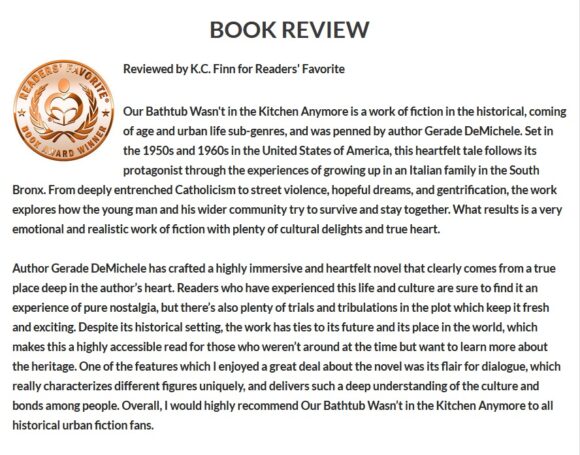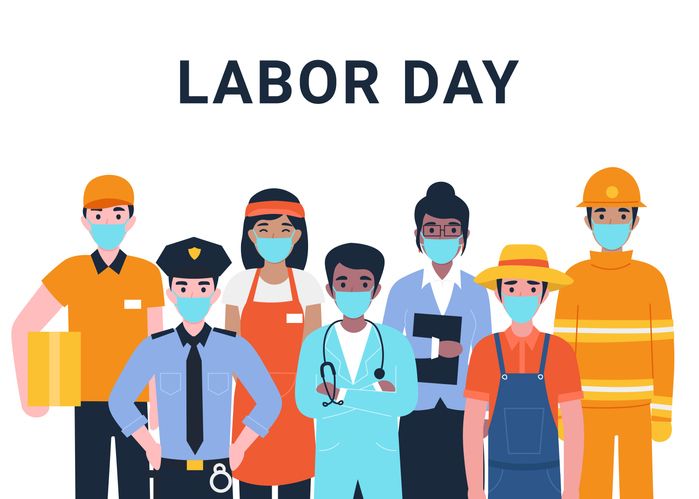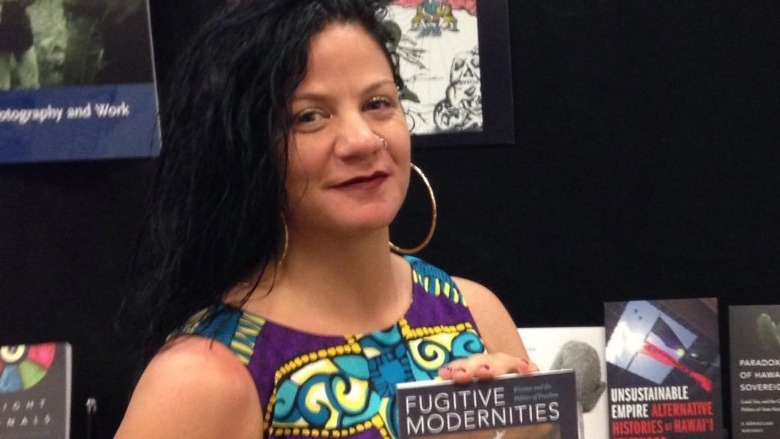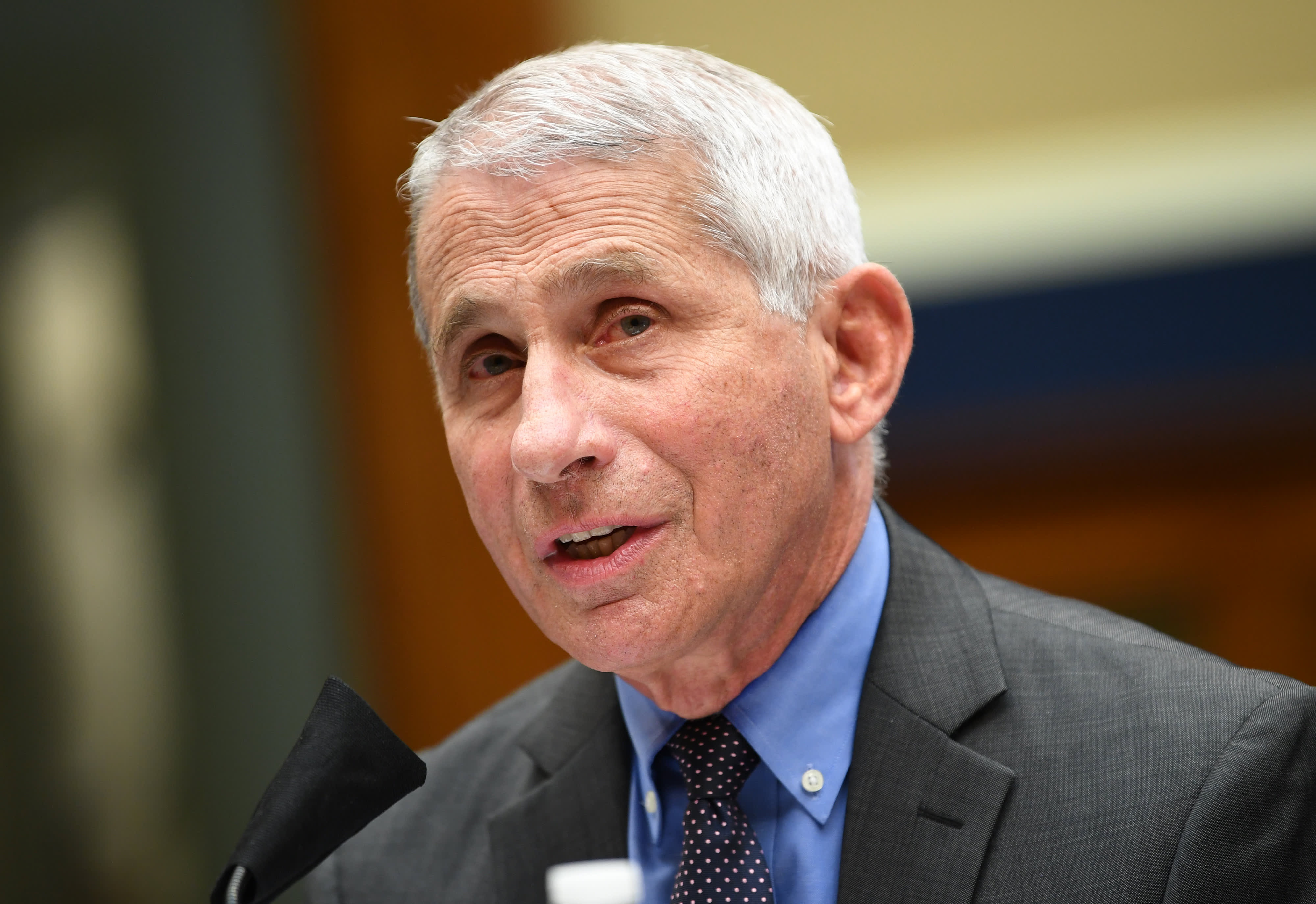
Credit Ben Wiseman
Dear Commons Communiyt,
This morning, New York Times columnist, Frank Bruni, looks at the affects of the coronavirus on college admissions. His conclusion is that many of the rules such as taking SAT exams will come into question. Furthermore:
“For epidemiological and economic reasons, students will forgo all the campus tours and all the assessments of how comfy the dormitories seem, how tasty the food is, how high the spires rise and how lushly the trees grow. They’ll perhaps look more closely at the course catalog, the roster of professors.
Jeffrey Selingo noted that many colleges based a big part of their sales pitch on their physical setting and even on lifestyle and social perks that are less relevant than ever, given pandemic-related restrictions. “That’s forcing parents and students to ask, ‘What are we really paying for?,’” he said.
The answer is, or should be, an education, and students may come to realize that excellent ones can be obtained at colleges that are less expensive than others in their sights and closer to home. The lure of going far away to college may diminish.
What I suspect will happen, at least in the short term, is that students’ thinking about colleges will be less emotional and more practical. The pandemic has soured the romance.”
I agree with Bruni and Selingo. Students and parents will be re-evaluating whether they want to spend “big bucks” for the on-campus, residential four-year experience.
Below is the entire column.
Tony
—————————————————————————————–
The Coronavirus May Change College Admissions Forever
A pandemic returns the focus to what matters: education.
By Frank Bruni
Opinion Columnist
Sept. 5, 2020
In the context of a pandemic that has killed about 190,000 Americans and economically devastated many millions more, getting into the college of your dreams is a boutique concern. But for many teenagers who have organized their school years around that goal, it’s everything.
And it’s going to be different this admission season. It may well be different forevermore.
That was what I concluded after a recent series of conversations with Jeffrey Selingo, whose widely anticipated new book, “Who Gets In and Why: A Year Inside College Admissions,” will be published on Sept. 15.
Selingo was given extraordinary access to the selection process and the selectors at Emory University, Davidson College and the University of Washington. He uses it in his book to present one of the most nuanced, coolheaded examinations of the admission process that I’ve read. He explodes certain myths — for example, that SAT and ACT scores are absolutely pivotal — and confirms other suspicions, such as the ridiculous advantage conferred on middling students who play arcane sports.
But his knowledge and insights also put him in an excellent position to speculate on matters beyond the book’s bounds: specifically, the little, big, temporary and permanent ways in which the coronavirus pandemic, which dawned after his research was done, will change the way colleges evaluate students and vice versa.
“College admissions is never going to be the same,” he told me.
He was focusing on selective schools, which educate a small minority of Americans in college but loom monstrously large in the psyches of many high school students, who intricately game out how to breach these exclusive sanctums. Well, the rules of that game just changed.
Frank Bruni’s Newsletter: Get a more personal take on politics, newsmakers and more with Frank’s exclusive commentary every week.
Selingo predicts that many schools that allow “early decision” applications, with which a student sets his or her sights on one preferred institution and commits to attending it if accepted, will fill more of their slots that way than ever, meaning that these applications will have better odds of success than ones submitted later. Schools leaned extra hard on early decision in the shadow of the Great Recession, he said, and now face the same economic anxiety, the same motivation to figure out as soon as possible which new students will be arriving and how much financial aid they’ll need.
But a more broadly consequential change involves standardized tests. Because the pandemic prevented students last spring from gathering to take the SAT and ACT exams, many selective schools are not requiring them for the time being. That will force them to focus more than ever on the toughness of the high school courses that students took and the grades they got.
Which students will benefit from that? It’s complicated. On one hand, affluent students who are coached for these exams and usually take them repeatedly won’t get to flaunt their high scores. On the other hand, less privileged students from high schools whose academic rigor is a question mark in screeners’ minds won’t have impressive scores to prove their mettle.
While these exams have been blamed for perpetuating inequality, they in some cases play the opposite role. In fact, a special committee of educators in the University of California system produced an exhaustively detailed report this year that determined that the use of SAT’s in admissions had not lessened diversity and that SAT scores were useful predictors of college success. (University leaders elected to switch to test-optional admissions for a few years anyway.)
The SAT’s downgrade won’t be fleeting, Selingo said. “We’re going to have a whole admissions year with scores of places going test-optional,” he said. “Once their world doesn’t come crashing down and they still recruit a class, those colleges are not going to flock back to the test. I think it’s been knocked off the pedestal permanently.”
He makes the same guess about what he calls “application bloat,” referring to the flamboyant multiplicity of clubs, causes, hobbies and other materials that applicants assemble and showcase. The pandemic put many of those activities on hold, creating a pause in which he believes that some schools and some students will recognize the lunacy of this overkill.
“It’s going to be difficult for students to fill in 10 spaces for extracurricular activities, flag down teachers for recommendations or take six A.P. courses and exams,” he said. “Admissions officers are going to have to focus on what matters. That means in the future they can pare back the application and reduce our collective anxiety about what it takes to get into college.”
Apart from the increased early-decision emphasis, which can favor in-the-know kids from in-clover families, the changes that Selingo predicts represent a back-to-basics streamlining of the process. It may have been born of terrible circumstances, but it’s also sensible and overdue.
That streamlining extends to how students will choose schools during the coming admission cycle. For epidemiological and economic reasons, many of them will forgo all the campus tours and all the assessments of how comfy the dormitories seem, how tasty the food is, how high the spires rise and how lushly the trees grow. They’ll perhaps look more closely at the course catalog, the roster of professors.
Selingo noted that many colleges based a big part of their sales pitch on their physical setting and even on lifestyle and social perks that are less relevant than ever, given pandemic-related restrictions. “That’s forcing parents and students to ask, ‘What are we really paying for?,’” he said.
The answer is, or should be, an education, and students may come to realize that excellent ones can be obtained at colleges that are less expensive than others in their sights and closer to home. The lure of going far away to college may diminish.
What I suspect will happen, at least in the short term, is that students’ thinking about colleges will be less emotional and more practical. The pandemic has soured the romance.
Colleges had previously presented themselves to students as nurturing homes away from home, then had to send those students packing when the virus spread. Colleges were endless parties, then the partying stopped. They touted the intimacies of classroom instruction, then had to defend the tuition-worthy effectiveness of remote learning. How can students not feel some skepticism in the wake of all that?
“This morning I listened to a Planet Money podcast called ‘The Old Rules Were Dumb Anyway,’” Selingo said. “It talked about the rules that went out the window because of the pandemic and which changes might be here to stay: alcohol takeout from restaurants, telemedicine, using nursing credentials across state lines.”
“It got me to thinking about the old rules that were dumb in admissions,” he added. And it got him to wondering how many were gone for good.












